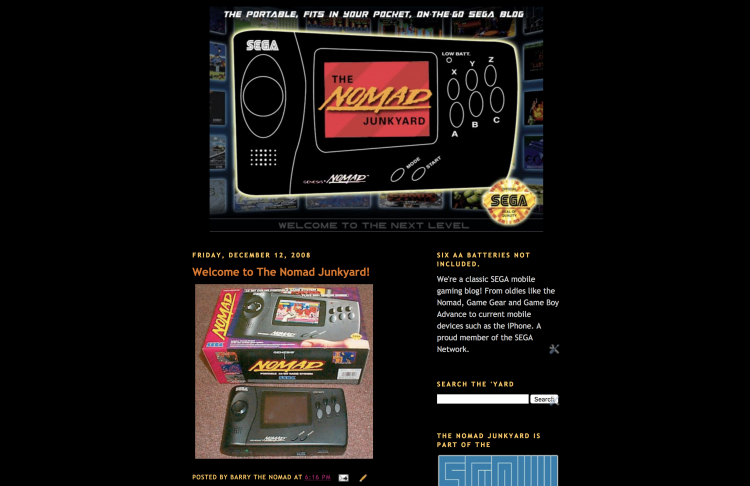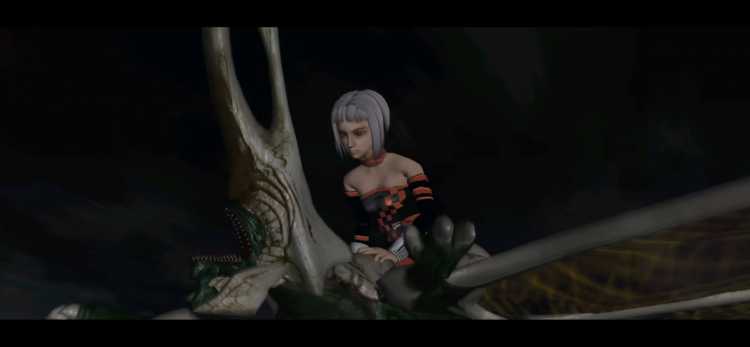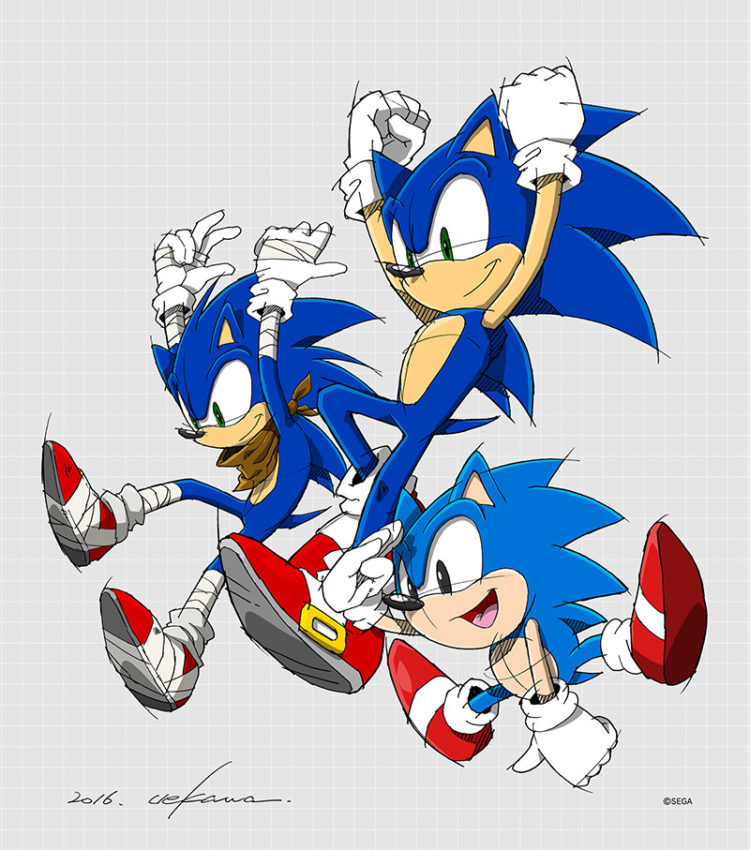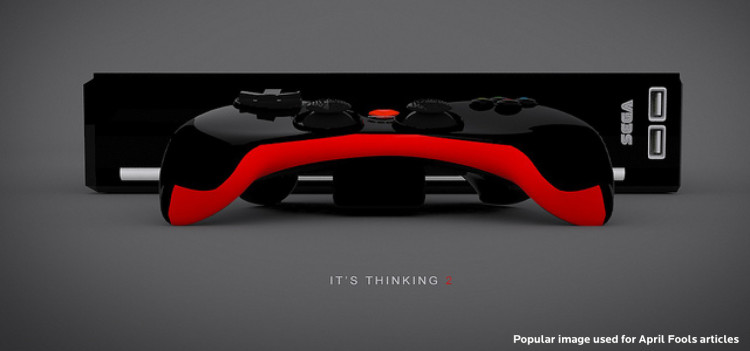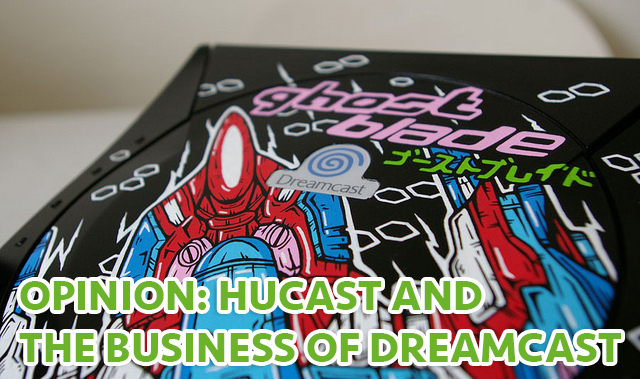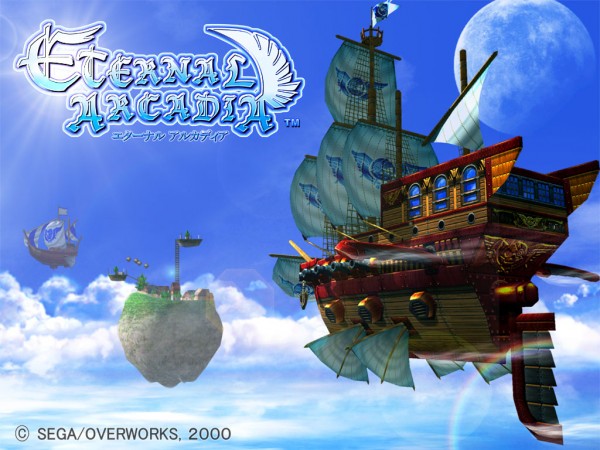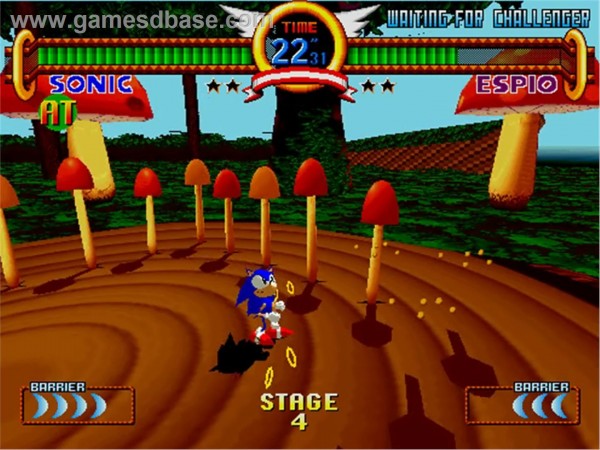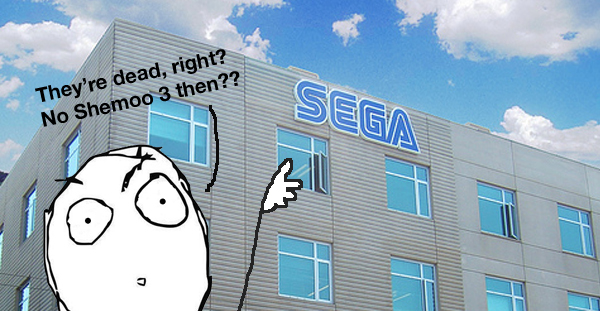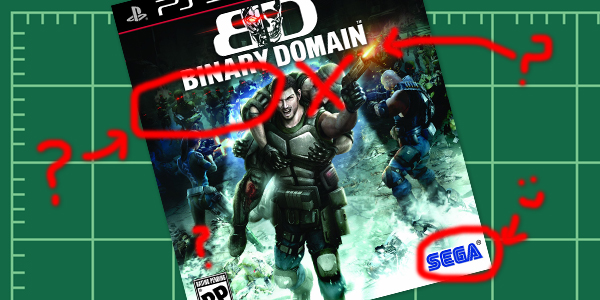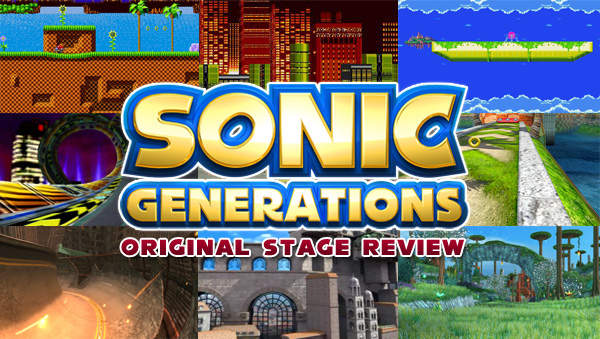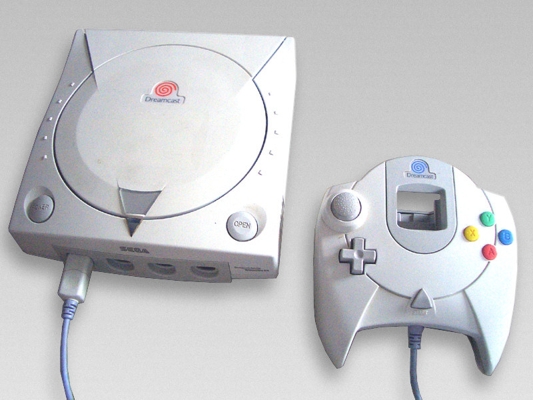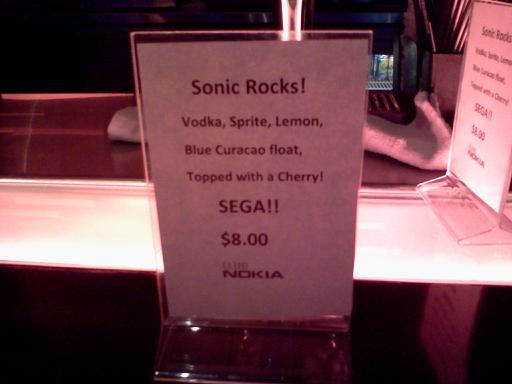Editorial: Celebrating ten years of me (Barry) blogging about SEGA
I’m a sucker for anniversaries, and so I couldn’t pass up making a post talking about my personal ten year milestone of blogging about SEGA. Back in 2008 I was recently graduated from college and landed my first cushy job. Working a 9 to 5 in front of a computer, I did what everybody else does and browsed the internet between projects. I had recently returned to SEGA fandom, buying up PS2 games I had missed during my college years, saving up for an Xbox 360 and searching for SEGA news sites to keep me up to date on what was going on with the company and its fans.

